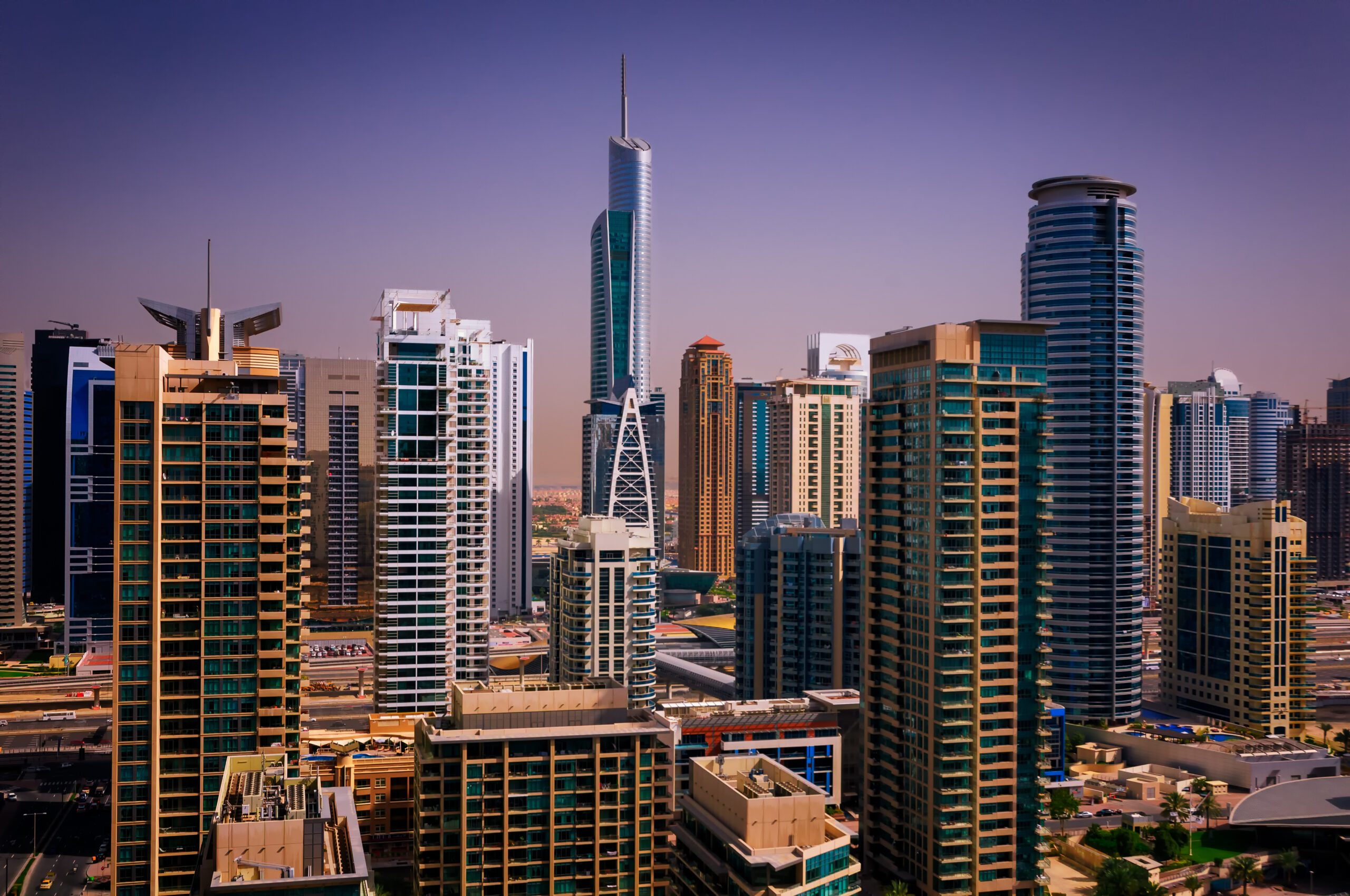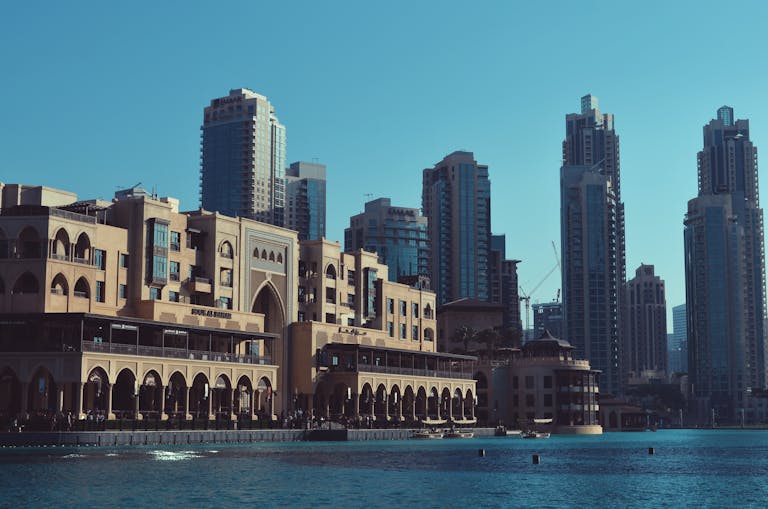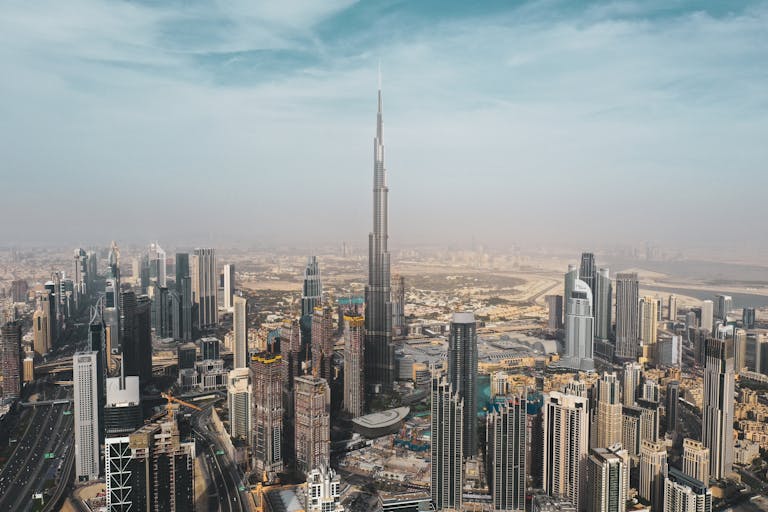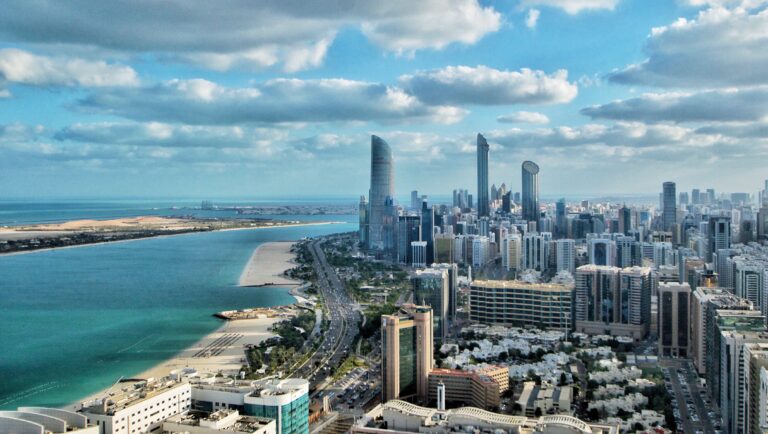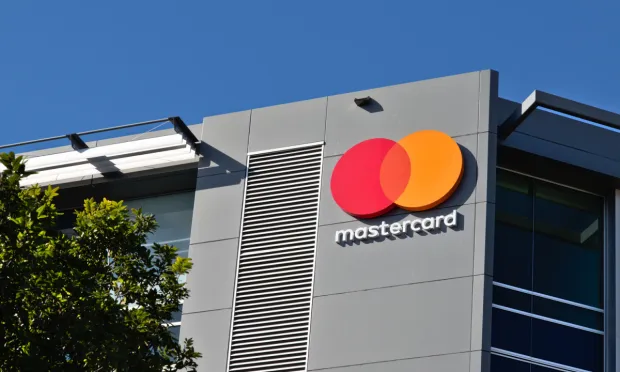First-time homebuyers in Dubai are swiftly transitioning from renting to ownership to evade escalating rental costs in the emirate. These new residents, intending to stay longer in Dubai, are poised to absorb the influx of new housing supply entering the market.
The population in Dubai continues to grow, sustaining robust rental activity, particularly in newly developed areas where most newly constructed projects are geared towards the rental market.
Rents in Dubai surged by up to 31 percent in the first half of 2024 due to persistent strong demand for properties, which has reduced the availability of both affordable and luxury units.
Industry analysts highlight that rental growth is most pronounced in suburban areas, as residents, including new arrivals, are drawn there by comparatively higher accommodation rates than upcoming outskirts.
Edward John, Managing Director of Etree Real Estate Company, notes a trend where occupants initially rent condominiums for one or two years before transitioning to homeownership due to business and lifestyle preferences.
“New residents and the rental market collectively contribute to balancing a dynamic market for newly constructed properties. In Downtown Dubai alone, three new buildings were completed in 2023, with over 550 new rental contracts signed in the first half of 2024. However, the distribution of new residential buildings is diverse across different population segments, not limited to young singles or bachelors,” he explained.
Despite significantly high average rental rates across most communities, transaction volumes have decreased in many areas, according to Edward.
Dubai’s ongoing trend where many renters become homeowners as they establish long-term roots in the city is supported by high rental prices, accessible mortgages, relaxed visa policies, and population growth.
Lyons, highlighting this trend, suggests that the anticipated increase in rental supply by 2025 and 2026 will predominantly consist of apartments, unlike houses, which have the capacity to accommodate smaller households. He cautions that projected population growth necessary to support this supply might be overstated.
“Based on robust transaction data across Dubai, it is evident that the city is steadily expanding, neighborhood by neighborhood,” he continued. “Dubai’s enduring cycle of value and transaction volume growth appears poised for long-term sustainability.”
“While global economic conditions are cooling and interest rates are rising worldwide, investors are increasingly turning to wealth preservation assets. Dubai’s real estate market has outpaced others in terms of price appreciation and sustained demand, despite stability concerns over the past 24 months,” noted Haider Ali Khan, CEO of Bayut and head of Dubizzle Group Mena.
Allsopp & Allsopp, optimistic about ongoing market growth, reported that over 50,000 individuals migrated to Dubai in the first half of 2024. The expansion of new property offerings across market segments continues to outpace current supply entering the residential market, indicating a positive growth trajectory heading into the second half of 2024.

